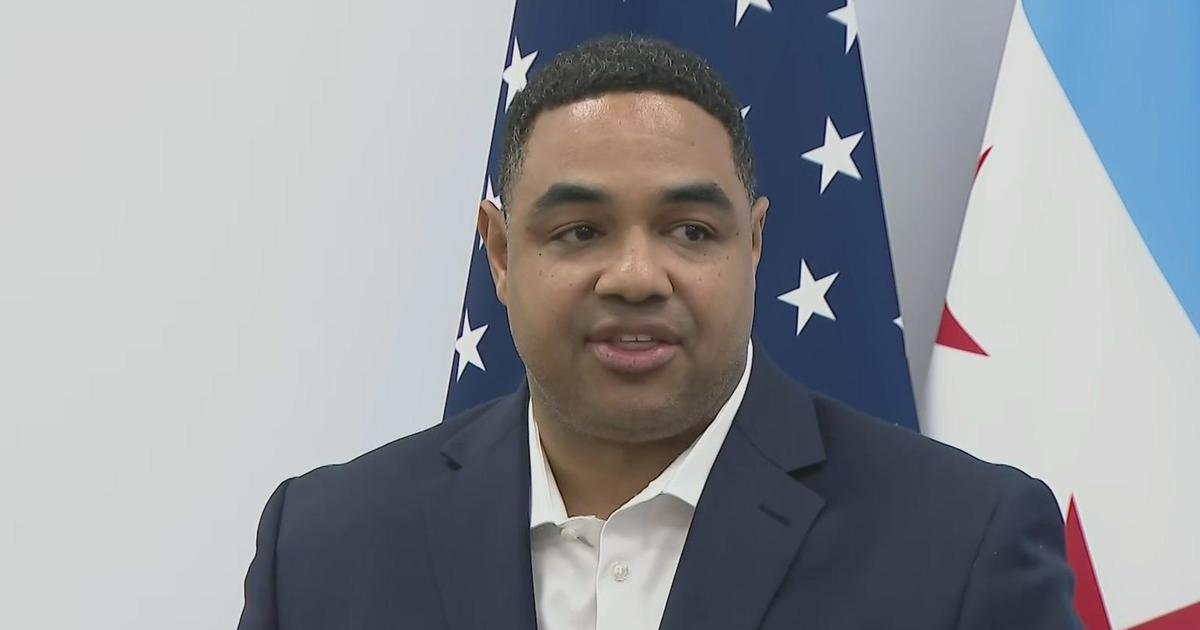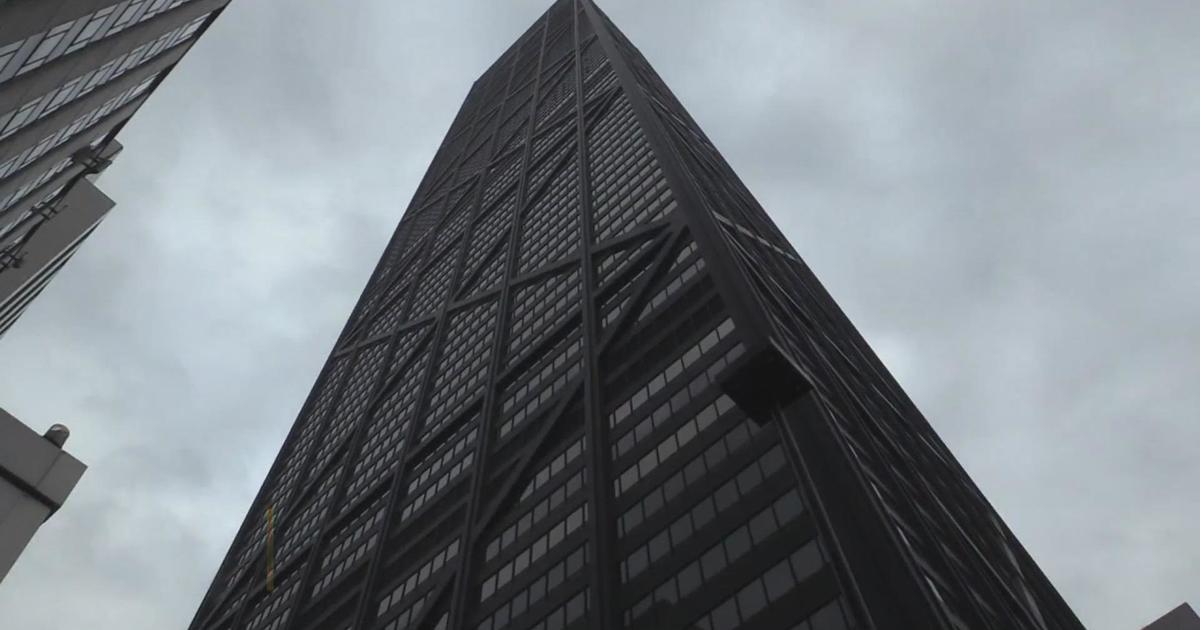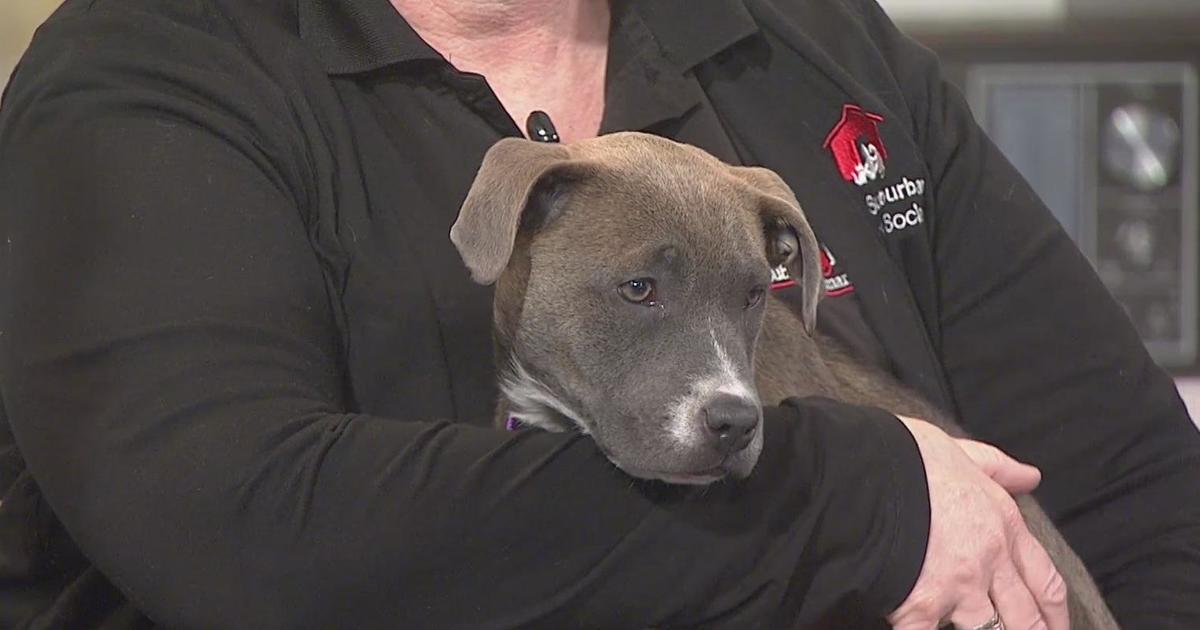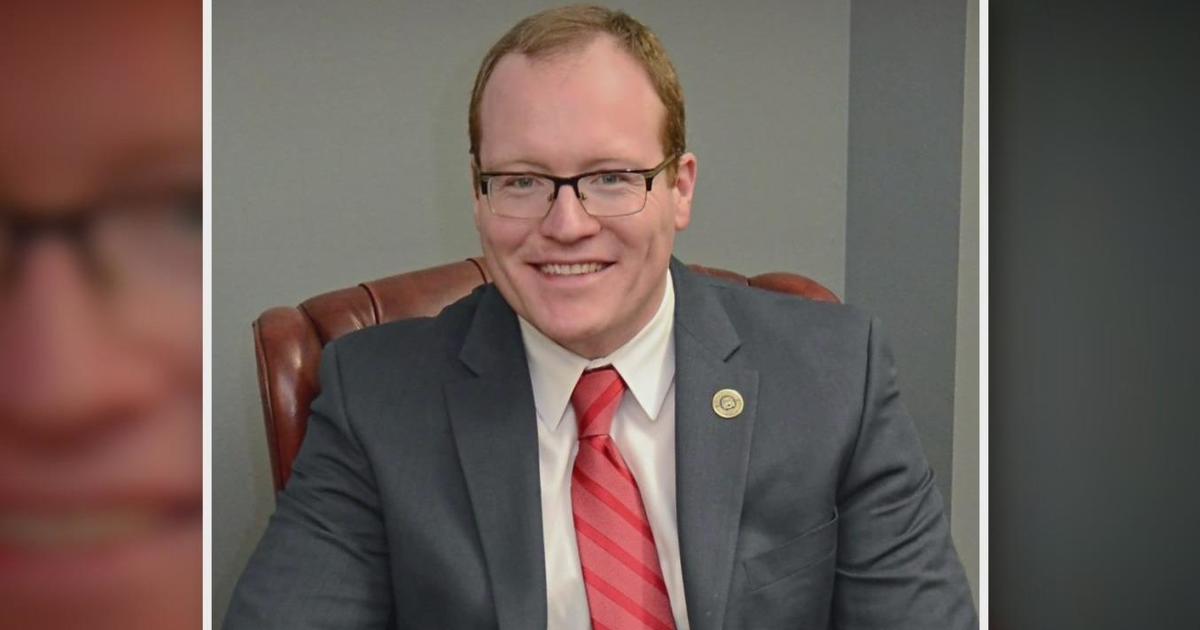Coronavirus In Illinois: 22,025 Confirmed COVID-19 Cases, 794 Deaths
CHICAGO (CBS) -- With 1,173 new cases of COVID-19 in Illinois, including 74 additional deaths, Gov. JB Pritzker said it's still not clear when his statewide "stay at home" order will be lifted.
The order currently is set to expire on April 30, and Mayor Lori Lightfoot earlier in the day said she expected the governor would extend that order into May. Pritzker himself wouldn't speculate on exactly how much longer the order will remain in plcace.
"I can't tell you now, because there isn't a date that I have in mind for it," Pritzker said.
The governor said he checks in every day with Illinois Public Health Director Dr. Ngozi Ezike and many epidemiologists across the state to try to determine whether the rate of new coronavirus cases has slowed enough to determine when the stay at home order might end.
Pritzker said there is a building consensus that "things are leveling more than they have before, and that's a very good development."
"The reason that it will continue is because people stay at home under this order," the governor said.
However, he said he can't yet say whether any of the restrictions he's ordered can be lifted after April 30.
"I think it's likely that there will be adjustments to the orders that we've put in place, but it is also true that – as I said yesterday, and I've said the last couple of days – it's not like we're anywhere near herd immunity, and there isn't a treatment," he said.
The governor repeatedly has said, before life can return to normal, there needs to be widespread testing for the virus, the ability for contract tracing to track people who have had close contact with COVID patients, and the availability of treatment to lessen the severity of the disease.
Pritzker said, even when the state can start lifting some of the restrictions now in place, there almost certainly will still be some limits needed to make sure there's not another surge in coronavirus cases.
"Nothing that happens next month or the month after that is going to be exactly the way it was four months ago or five months ago. So the question really is not could you do this or that, the question is how would you do it, practically speaking, so that you don't have many more people getting infected," he said.
As of Monday afternoon, Illinois had a total of 22,025 confirmed cases of the novel coronavirus in 87 counties, including 794 deaths. So far, 105,768 people have been tested for coronavirus in Illinois.
"The individuals and the communities impacted by this virus have touched nearly every part of our state. We must stay the course, and continue working together to practice physical distancing, and stay at home as much as possible," Ezike said.
Meantime, the Illinois Workers' Compensation Commission has enacted emergency rules to essentially create an automatic assumption that any essential worker who is diagnosed with COVID-19 got the virus on the job, even if they are working from home or not currently working.
The rule covers first responders, healthcare workers, and many other jobs defined as "essential workers" under the governor's "stay at home" order.
"We owe them a debt that we can never fully repay, but to start we can give them the peace of mind to know that they will be covered if they fall ill on the job," Pritzker said.
For a full listing of what job types are included, click here.
Alice Johnson, executive director of the Illinois Nurses Association, said some nurses had been having trouble getting workers' compensation benefits after contracting COVID-19 during the outbreak.
"Sadly, we have seen some employers argue with nurses about where they became infected, completely ignoring the obvious risks created by the work they do every day," she said.



